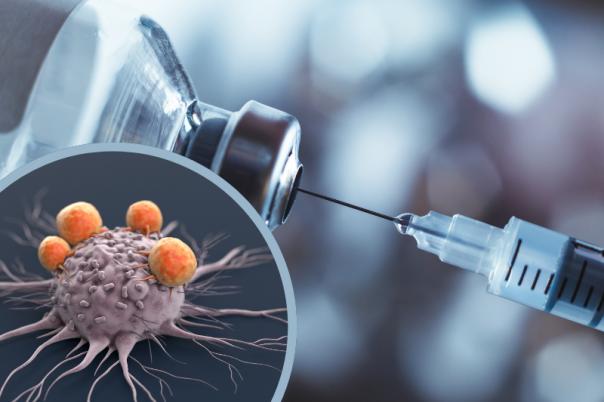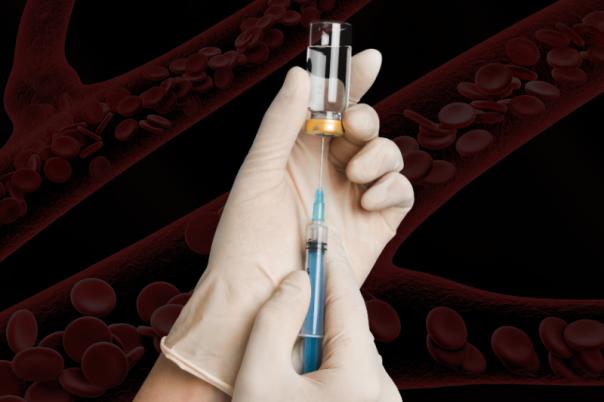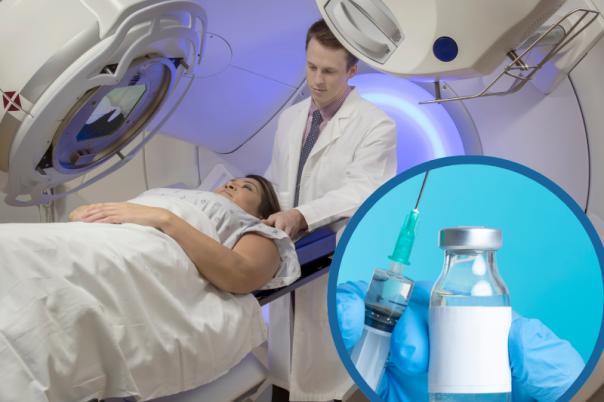The world learned a lot during the global response to the pandemic, and although a triumph in Europe and North America, the roll out of vaccines was slow to catch up in low-income countries. The pandemic highlighted significant disparities in vaccine access between high-income and low-income countries, with slower vaccine rollout particularly in Africa despite global production efforts.
The International Vaccine Institute (IVI) is an international organisation with the goal of developing and delivering safe, effective, and affordable vaccines. Founded in 1997 by the United Nations Development Programme, they focus particularly on expanding vaccine access for low and middle-income countries.
The IVI conducts the entire vaccine development process from discovery in their labs, including in-house projects and partnerships, to implementation and policy recommendations. Their labs are based in their Seoul, South Korea, headquarters, and they also operate regional offices in Europe (Stockholm and Austria) to improve global coordination and footprint, particularly for activities in Africa.
The COVID-19 pandemic accelerated vaccine development, with the first vaccines being developed in just 11 months, using various technologies such as RNA, DNA, and non-replicating vectors. Furthermore, traditional vaccine development timelines were significantly compressed, with overlapping phases and rolling reviews, which helped speed up the process.
In that time, Africa's vaccine production is minimal, with only 1% of vaccines used in Africa being locally produced on the continent. This has prompted the IVI to build on what was learned from the pandemic via initiatives to boost local manufacturing capacity.
Various projects have been launched to strengthen vaccine manufacturing in Africa, including efforts by the MasterCard Foundation, Aspen, and Institut Pasteur Dakar. The Partnership for African Vaccine Manufacturing (PEPAVM) aims to increase local production from 1% in 2019 to 60% by 2040, enhancing pandemic preparedness and addressing endemic diseases.
Rather than instituting changes from the top-down, the IVI instead sees their role to catalyse the scale up of local vaccine development efforts. To do this, the IVI support end-
to-end vaccine capacity building in Africa through clinical development and tech transfer, from discovery to market introduction.
Over time, the IVI plans to retreat from operations ultimately transitioning to local leadership once capacity is sufficiently ramped up. This allows the partnership to truly be an initiative from African countries with African partners.






